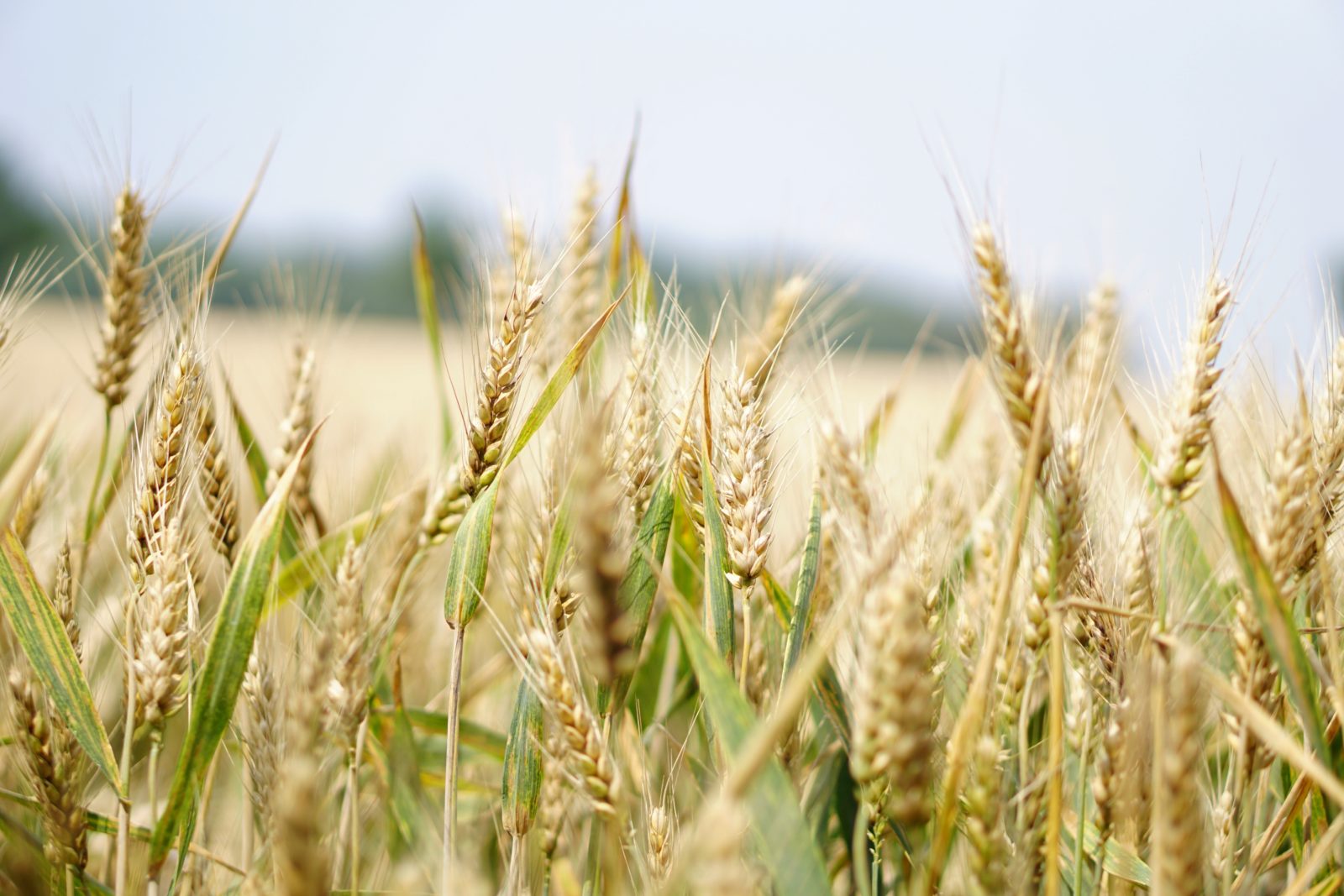On Wednesday, the State Agricultural and Food Inspection spokesman Pavel Kopřiva stated that there had been no problematic wheat samples imported from Ukraine in the Czech Republic. On the other hand, Slovakian authorities have found pesticide residues in a shipment of grain from Ukraine.
Samuel Vlčan, the Slovakian Minister of Agriculture, announced that three laboratories confirmed the presence of pesticides in a shipment of 1,500 tonnes of Ukrainian wheat. The authorities are not yet sure whether the concentration of these substances could pose a risk to human health.
One of the Slovakian mills was responsible for processing the shipment with higher concentrations of pesticides, which the authorities intercepted before tightening the rules on transporting grain from Ukraine through Slovakia.
According to the Czech Ministry of Agriculture, checks on the transit of agricultural commodities through the Czech Republic will be tightened. Farmers, mainly from Poland and other countries, complain about the import of cheap wheat from Ukraine.
The Czech Agricultural Chamber and the Czech Agricultural Union warn that Czech farmers face problems selling part of last year’s crop on the European market due to importing Ukrainian grain. However, Kopřiva confirmed that no problematic cereal samples were detected by inspections last year.
Last year, the European Union permitted the export of agricultural products from Ukraine in response to Russian aggression, allowing the grain to reach countries in North Africa and the Middle East, where Ukrainian products had previously been directed.
Due to Russia’s blockade of Black Sea ports, alternative export routes were sought. In contrast, the Czech Ministry of Agriculture reported that between February 2022 and January 2023, 3.526 million tonnes of wheat were imported into EU countries, ten times more than the previous year. The ministry warned that if this trend continued, it could harm European farmers, who must comply with much stricter cultivation conditions than entities from countries outside the EU.





